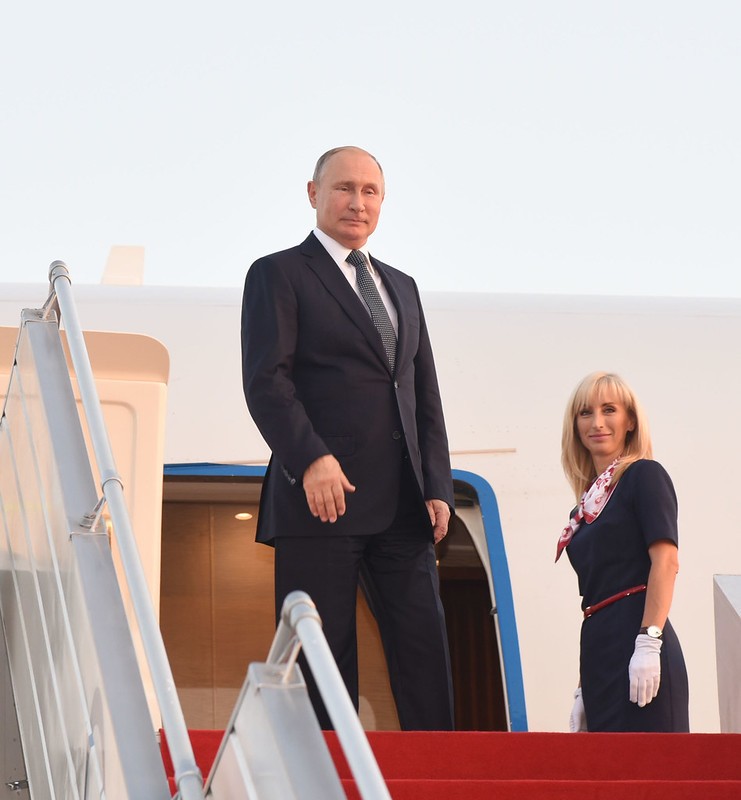The Eastern Europe, Caucasus, and Central Asia region experienced an end to its moderate upward trend, primarily due to Russia’s full-scale invasion of Ukraine that resulted in declining average scores across all three BTI dimensions. Amid these developments, several countries have suffered indirect repercussions while others are reaping economic rewards. Ukraine is demonstrating remarkable resilience and has achieved significant improvements in terms of democracy and governance. Meanwhile, nearly all autocratic regimes in the region are contending with the challenge of planning for the transition of power.
The war has triggered economic upheaval, with the most pronounced effects being felt in Ukraine. Russia, meanwhile, faces unprecedented punitive measures. While sanctions have missed their mark in the short and medium term, Russia faces substantial economic challenges, and its economy is increasingly conditioned by geopolitical factors. While countries like Armenia, Georgia, Kazakhstan, Kyrgyzstan, and Uzbekistan have reaped economic benefits from Moscow’s efforts to bypass Western sanctions and the resulting emigration of numerous citizens due to war and mobilization, this contrasts starkly with the severe setbacks suffered by Ukraine and, indirectly, Moldova.
Downward trends in governance are particularly evident in the region’s autocracies, first and foremost Russia but also Belarus and Kyrgyzstan. Motivated by EU accession prospects, Moldova and Ukraine have made progress, especially regarding consensus-building and initiating reforms. However, challenges remain as many countries face internal resistance fueled by external forces.
The war is likely to shape the face of this region for a long time and poses a significant risk of cementing a division within it. The confrontational dynamic demanding strict loyalties will narrow the options available to states in the region in terms of foreign and domestic policy. Whether neighboring countries can – or want to – escape Russian advances remains uncertain. This uncertainty is compounded by the fact that an even more potent autocracy, China, is making its presence felt in the region.
Hans-Joachim Spanger
Regional Coordinator Post-Soviet Eurasia

